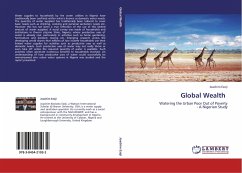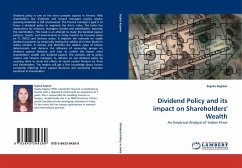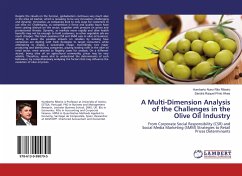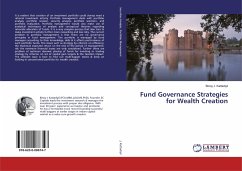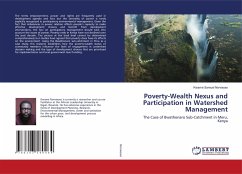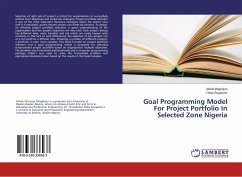Water supplies to households by the water utilities in Nigeria have traditionally been confined within what is known as domestic water needs. The quantity of water supplied has traditionally been tailored to cover basic needs such as drinking, cooking and personal sanitation needs etc. However this has not been a true reflection of the use of this limited amount of water supplied. A social survey was made of households and institutions in Owerri city,Imo State, Nigeria where productive uses of water is already real, particularly in activities such as home gardening, horticulture and livestock rearing etc. Emerging research across the developing world shows that millions of low income households use their limited water supplies for activities such as productive uses as well as domestic needs. Such productive uses of water may not really thrive or even take off unless the required quantity of water is available. Such activities often generate numerous benefits to households involved. An understanding of how productive uses of water could successfully be mainstreamed into urban water systems in Nigeria was studied and the report presented.
Bitte wählen Sie Ihr Anliegen aus.
Rechnungen
Retourenschein anfordern
Bestellstatus
Storno

